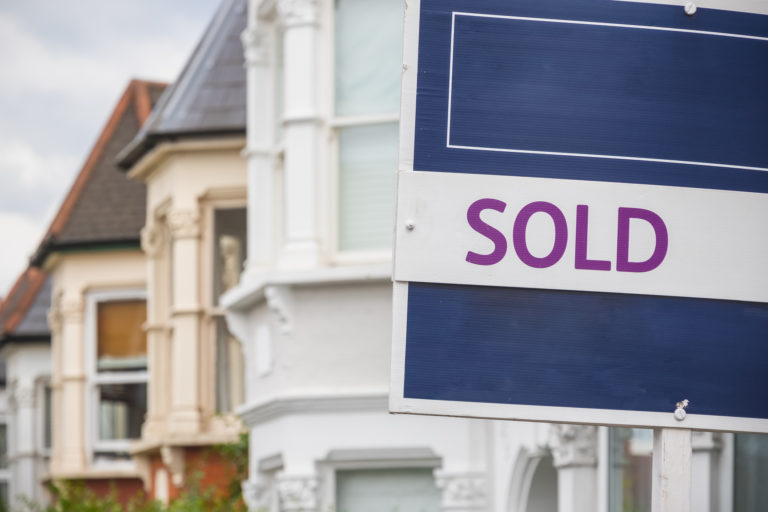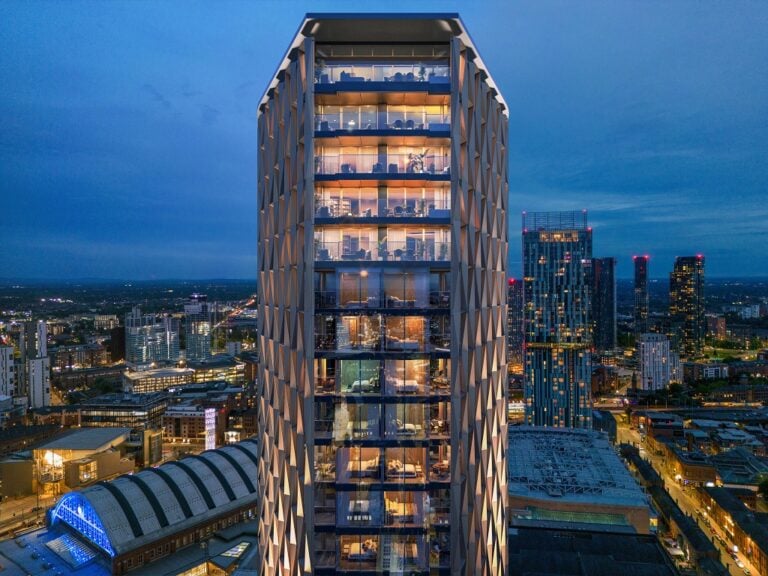UK cities have seen house prices rise by an average of 5% over the past year to reach £211,200 in January, with Edinburgh, Birmingham and Manchester seeing the strongest gains – and this regional trend is set to continue.
Since 2009, London house prices have soared by 86% as the property market there attracted billions of pounds of domestic and overseas investment post-financial crisis, but this past year’s results from the Hometrack UK Cities House Price Index have registered a real-term decline in the capital, while other regional areas have thrived.
Average house price inflation across the UK was 5% year-on-year, an improvement from the previous year’s 4% rise despite some negative predictions and market uncertainty. The top performers in the index were Edinburgh, which recorded a 7.7% increase between January 2017 and January 2018 to £222,200, followed by Birmingham with a 7.3% rise to £154,600 and Manchester with a 6.7% spike to £158,800, while Leicester and Liverpool also both saw prices go up by more than 6%.
Richard Donnell, insight director at Hometrack, said:
“The income to buy a home in regional cities is well below the London average so in the near term we expect to see rising house prices stimulating additional buying and market activity in those areas.”
He added: “House prices have some way to increase before there is a material constraint on demand. This assumes mortgage rates remain low by historic standards and the economy continues to grow.”
What are the predictions?
According to Hometrack, London, where property prices are now an average £487,500, is still the anomaly in the country in terms of its property market boom, and despite other regions seeing improved performance over the past two years, they are highly unlikely to ever match the levels seen in the capital because of varying market dynamics.
[crb_image link=”https://www.buyassociationgroup.com/en-gb/advice/property-investment-starter-course/” image=”https://cdn2.hubspot.net/hubfs/1717782/Asset_Store/WebCTA/cta.jpg” align=”left”]
However, the index does predict that house prices in the likes of Birmingham and Manchester in particular will see a hike of between 20% and 30% over the next three to four years, based on its analysis of current trends and housing cycles.
Emoov.co.uk founder and chief executive Russell Quirk commented: “The UK remains a vast and varied landscape in terms of the property market and it is interesting to see how this also relates to the recovery time of each city since the end of the downfall in 2009.
“We’ve seen a modern-day tortoise and the hare tale as those cities, like London, that saw a rapid return in property prices in the more immediate aftermath of the market crash, are now paying the price in slower market conditions.
“At the same time, those larger regional cities that have required a much longer recovery period are now pulling away where price growth is concerned and have become a much more attractive proposition for buyers.”










